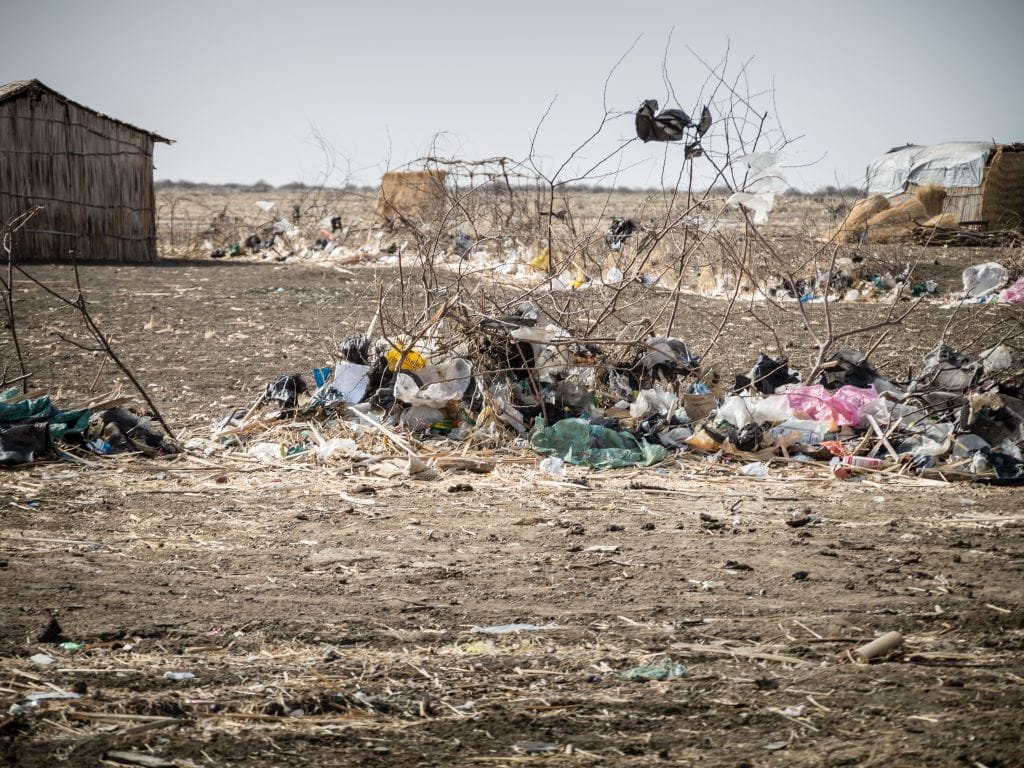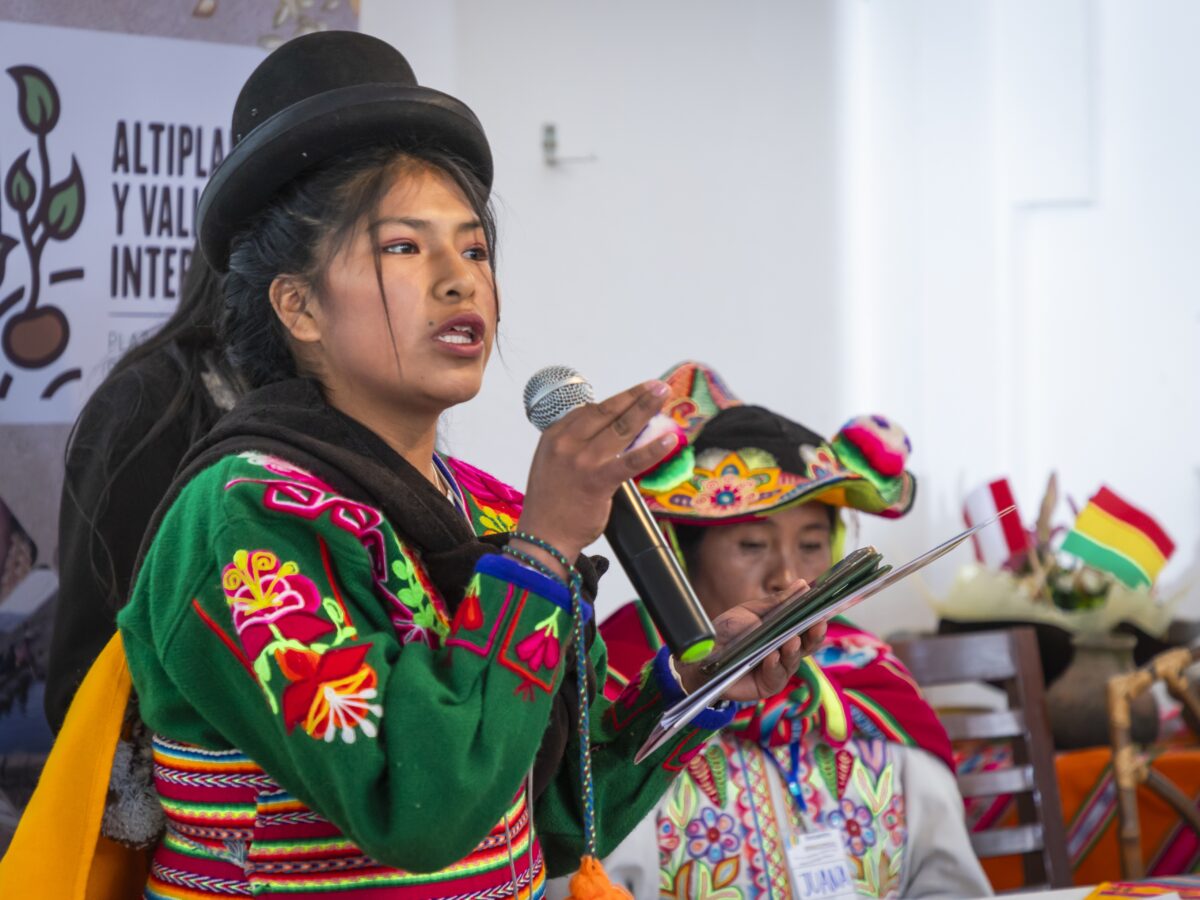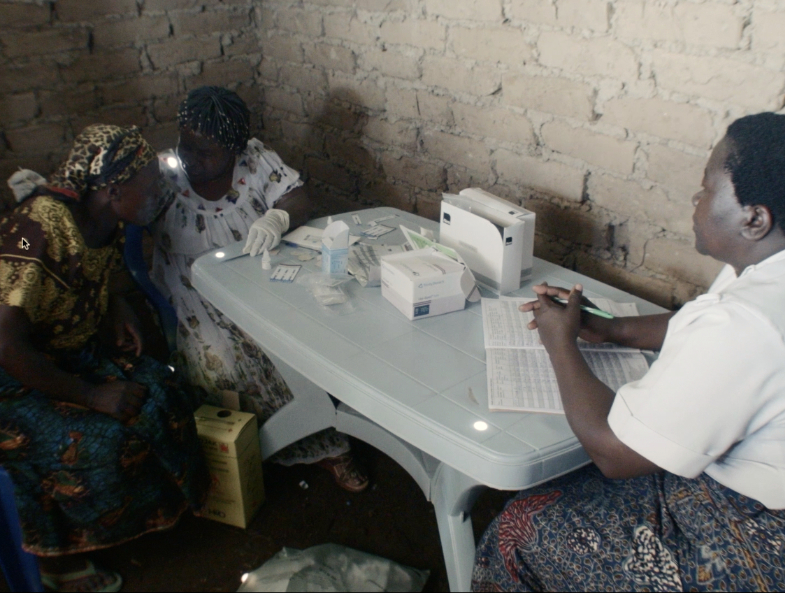Advancing global warming fuels warlike conflicts over resources and food. The newspaper reformed. reports on the consequences for various African states - and, among other things, on Mission 21's support for the benefit of the population.
For example, humanitarian disasters are taking place in Mali, Nigeria, and Somalia, where drought, dying livestock, and seeping water sources combine with conflicts over resources and power to create a devastating combination, reports reformed. in the current issue and on their website.
The situation is also extremely fragile in many other countries, such as South Sudan. Florence Guliba Hakim, Mission 21's coordinator in South Sudan, says in the article, "Peacebuilding is elementary in South Sudan. Despite the 2018 peace agreement, the situation remains precarious." Local agriculture has been devastated since the conflicts, she says, as most farmers fled during the civil war.
Local support - rethinking the global north
Mission 21 is active in peacebuilding in South Sudan, and also promotes the education of midwives and agroecological farming for people in the remote region of Pochalla. All activities together should enable the population to live again in more security and with better care.
Local adaptation is very important, says Lukas Rüttinger, a German scientist in the international network CSEN, which also advises the UN. But he also makes an urgent plea for the industrialized global North to help slow down climate change. For Rüttinger, it is imperative that everything possible be done to reduce climate change in parallel with strengthening the resilience of regions and states.
► Read the whole article by reformed. read
► Mission 21 projects to support people in South Sudan
► For climate justice: Yes to the climate protection law on June 18






